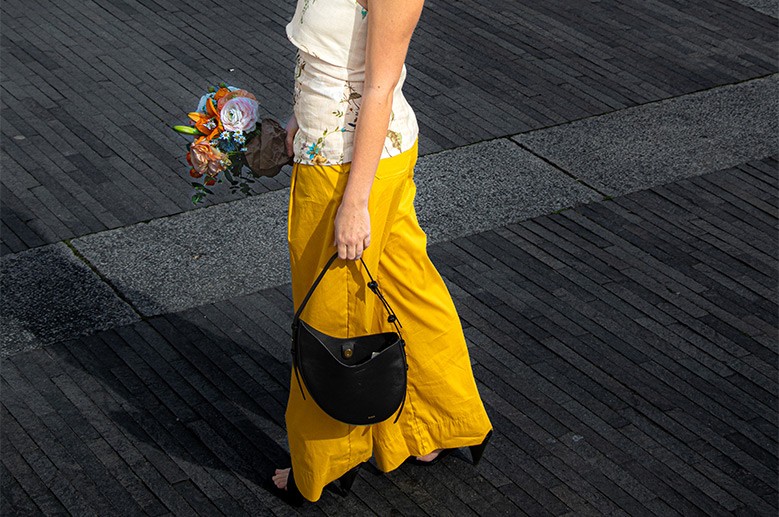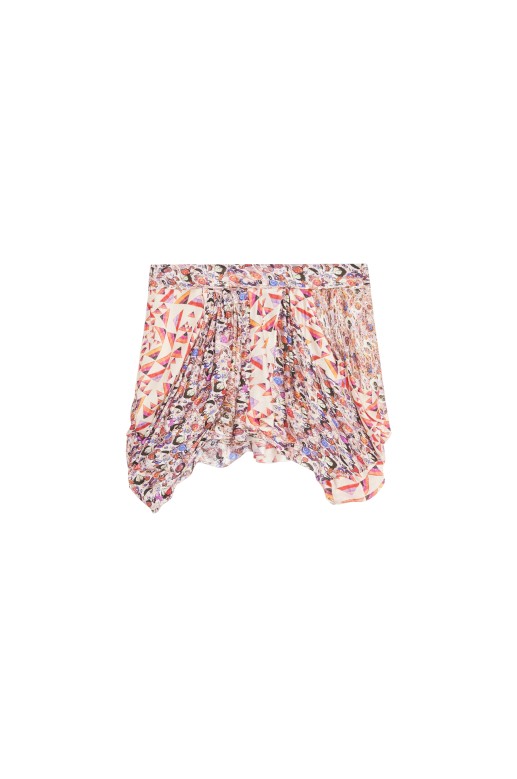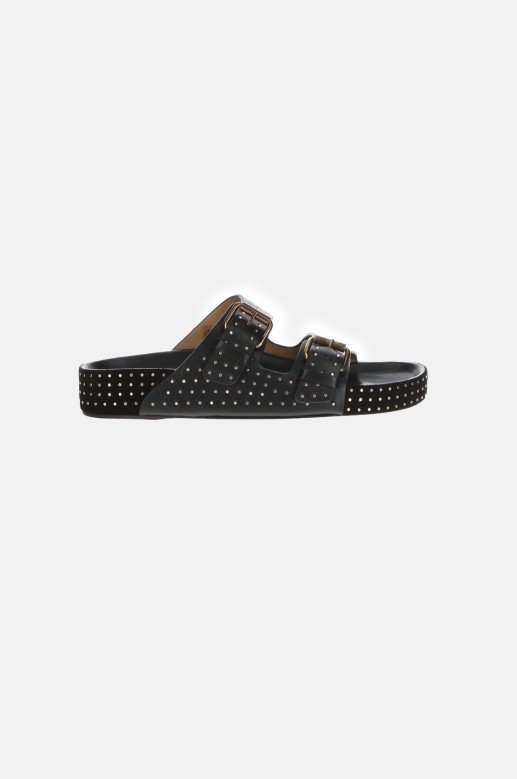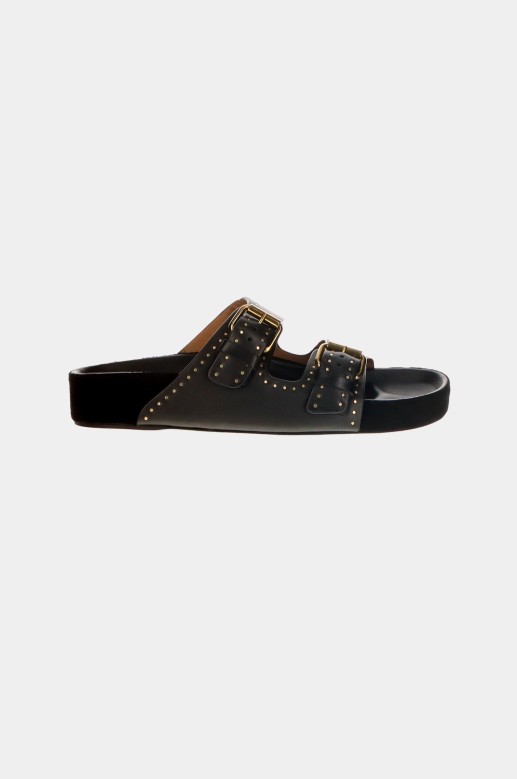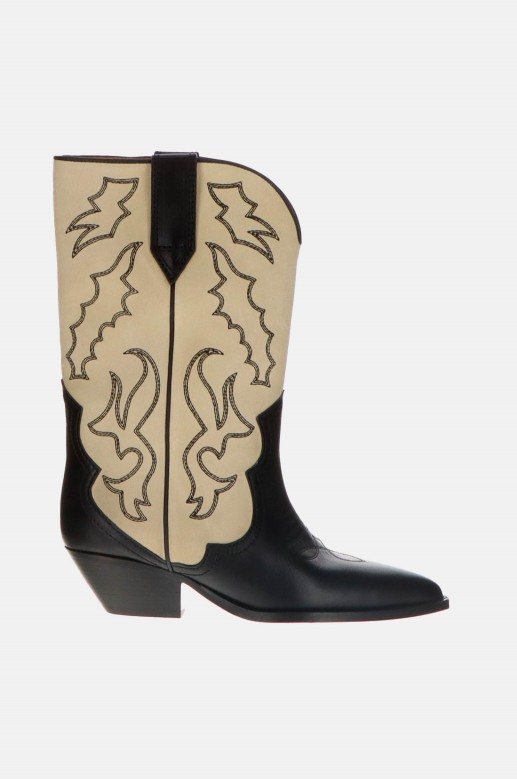
Collection from the brand Isabel Marant
The history of the brand
Isabel Marant founded her first knit and jersey line, Twen, in 1989 at the age of 22. She began working on her first fashion show in 1995, under her own name, when she founded Isabel Marant. In 1998, Isabel Marant opened her first boutique in Paris, in a former artist's studio on Rue de Charonne in Bastille. The men's line was launched in 2000.
Fashion for active, uninhibited women
The most undisciplined of the great French fashion houses has not changed for over twenty-five years. Isabel Marant is a renegade of Parisian fashion. Inspired by cultures from around the world, she revitalizes urban fashion with irreverence. Materials that live and travel are her passion, and she draws her inspiration from them. People fantasize about iconic women on glossy paper, but Isabel dresses them for real life, whether they're riding a scooter or walking down the street. Every piece that leaves her studio has been tested by her. The house of Isabel Marant is an ode to the sublime disorder of life, a combination of unbridled creativity, seduction and the relentless pursuit of pleasure. Isabel Marant is inspired by the sublime disorder of life, which she celebrates in each collection through her dedication to textile craftsmanship, a cause she has championed, collection after collection, since its creation in 2011.
A brand committed to responsible production
Isabel Marant's mission is to increase the proportion of eco-friendly elements in its collections, from certified organic materials to low environmental impact items. Isabel Marant's production process is GOTS certified, ensuring that its collections are environmentally friendly and responsible in their social practices throughout the value chain. The RWS and RMS certifications guarantee that the wool and mohair used in Isabel Marant's collections are produced ethically and with respect for animal welfare and good soil management. The company's goal is to include 65% of its collections created from environmentally friendly materials by 2024. Isabel Marant ensures that its partners respect the company's supplier code of conduct by conducting social audits on its production sites.

